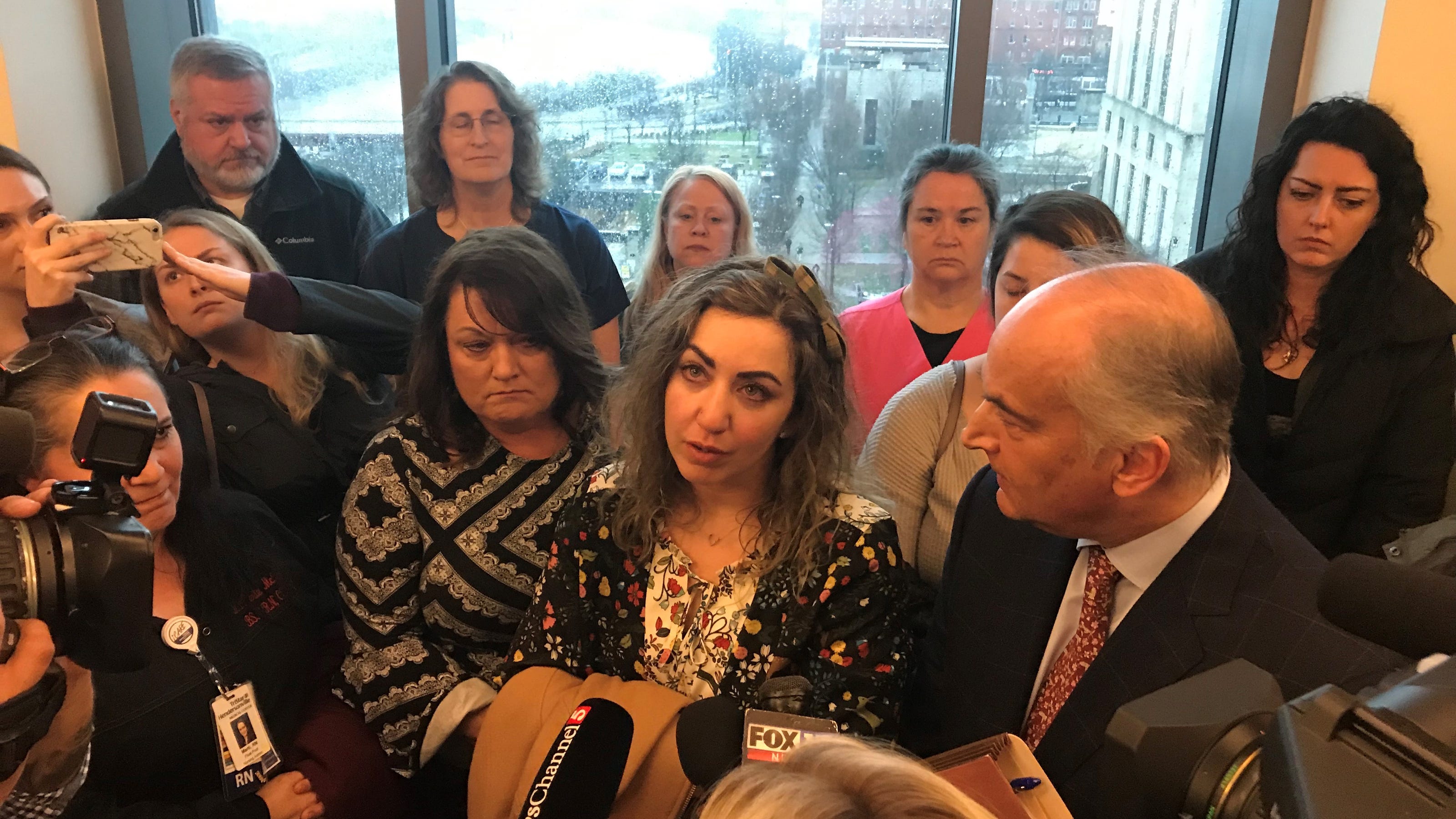The patient requested something for anxiolysis going into MRI so 2mg Versed was ordered as "give 1mg, if no improvement give other mg"; Versed was verified by pharmacy and in the Pyxis system as being associated with a verified order for the patient. Nurse typed v-e, but the pyxis defaulted to searching by generic names so Vecuronium came up and not Midazolam. Nurse tried to pull Vec, pyxis wouldn't let her because 1. that pyxis didn't have any inside and 2. there was no order for vec or pharmacy verifcation for vec. Nurse went to a different unit (neuro ICU) pyxis, typed v-e, vec came up, again gave her warnings that there was no order for vec, no pharmacy verifcation for vec, and vec is a paralytic all of which she overrode.
Might not change how you feel about this, but RE: "why would it be stocked? acutely agitated etc" it wasn't stocked and the victim wasn't agitated so those are the actual facts to interpret when you decide what you think.


